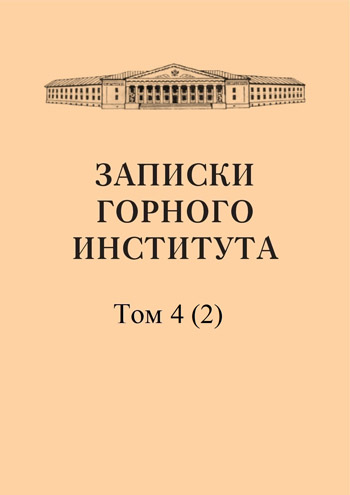To the concept of a definite integral and the proof of the main theorem for the existence of an integral of ordinary differential equations
Abstract
Integrable functions also include functions whose discontinuities can be contained in intervals, and the sum of the extension of the latter is an arbitrarily small value; in fact, by enclosing the discontinuity points in intervals, we can represent the difference (b - a) as the sum of two parts of which the first refers to intervals that, in turn, lie inside the intervals enclosing the discontinuity points (see article). It is enough to show that the difference (b - a) can be made arbitrarily small only under one, well-defined division law, then we can take division points that coincide with the ends of the intervals containing discontinuities in the function f and then the difference (b - a) will actually be as samll as you can imagine. From here we conclude that integrable functions include, among others, functions that have a finite number of discontinuities, as well as functions whose discontinuity points, being infinite in number, have a finite number of so-called limit points.
